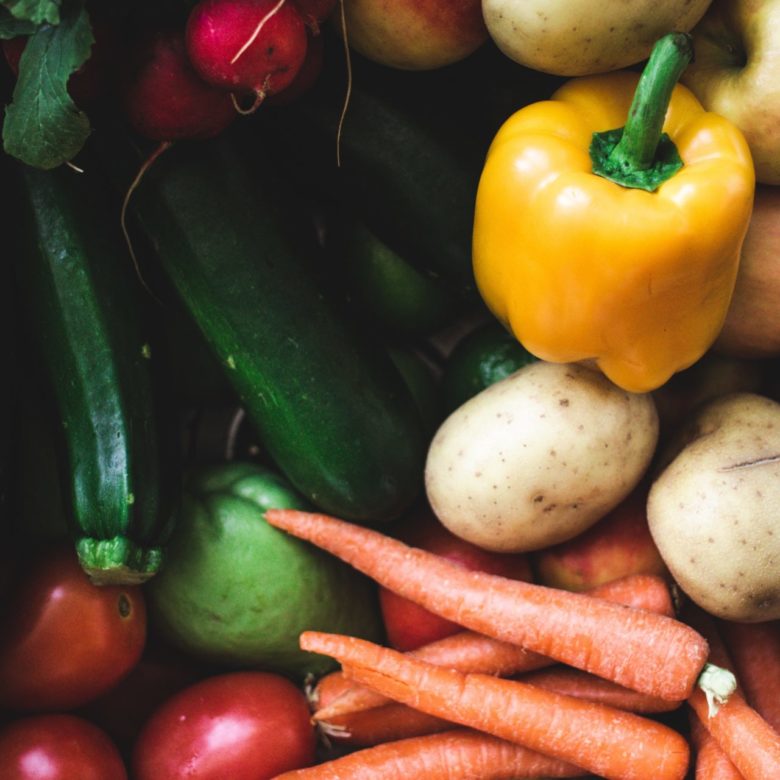A large study on the human microbiome has shown that individuals who consume at least 30 different plant-based foods each week have more varied gut bacteria, and ultimately a healthier gut microbiome as a result.
This is how we produce those valuable short-chain fatty acids that clients and I chat about all the time…why butyrate levels are so important.
A more diverse microbiome results in a more stable and resilient microbial community that is better able to reduce inflammation and protect your health.
This includes lowering the risk of colon cancer, bowel disease, celiac disease, heart disease, diabetes, arthritis, obesity, allergies, depression, and more.
The 30 different plant foods include vegetables, fruits, nuts, seeds, herbs, spices, beans, lentils, and grains.
How to Get More Plant-Based Foods in Your Diet
- Spice up those veggies
- Add greens to your smoothies, casseroles, and sauces
- Throw in more veggies in your omelet
- Sprinkle hemp seeds on your dishes
- Add berries, nuts, and seeds to your yogurt
- Add avocado to anything and everything
- Have nut butter with apples and bananas
- Experiment and try a different vegetable every week
- If you can tolerate grains and legumes great, if not start low and slow and only when your gut is ready, increase to larger portions (we can work together on this)
Adding in more plant-based foods doesn’t mean plant-only. It means moving the meat to the side of the dish and ensuring the dish is veggie-rich first and foremost.
There is a synergistic effect that takes place when we intake a diverse variety of plant foods, and this effect can be seen not only in our gut bacteria but our cellular function, organ function, energy production, and even mood.
Cheers to having fun exploring new foods and flavors while creating health and wellbeing! Let’s start eating that rainbow.
If you want to hear more from us sign up for our email list below!
– Becky & Jeff Witt

